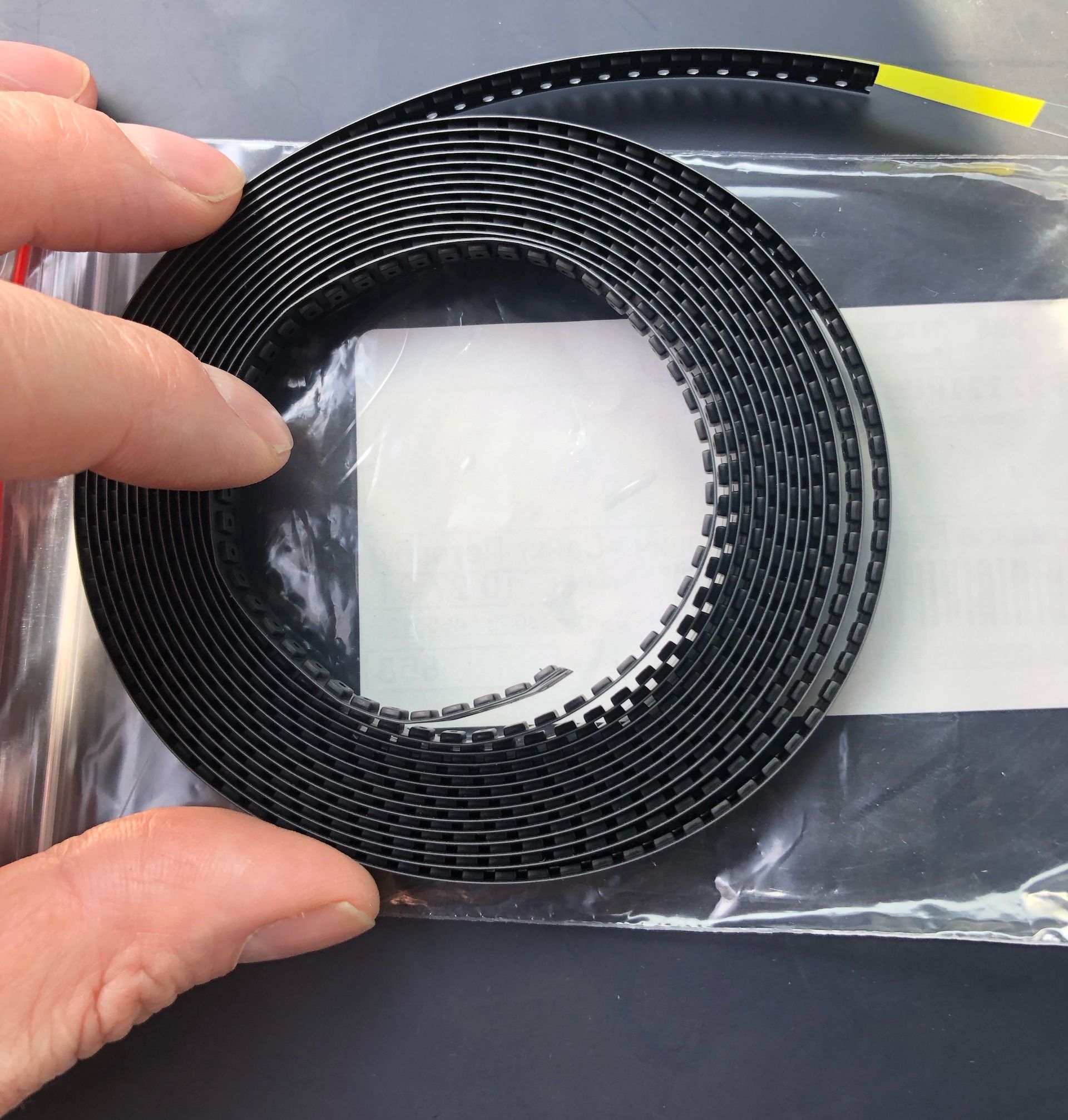Project update 9 of 14
You Think Crypto Is Volatile? Look at the Chips Market!
by Eugene PomazovStereoPi v2 manufacturing is underway. PCBs were ready a few weeks ago, and nearly all of the components we need are waiting for the production line to start assembly. But there are a couple of parts in our BOM that are causing unexpected issues. And we’re not alone…
You might have heard some news, lately, about global issues in the semiconductor market. COVID-19 and other (including a fire at a Renesas plant) have combined to wreak havoc on component availability. You can learn more by Googling "global chip shortage 2021." One interesting thing about this particular shortage is that—unlike most such issues—it’s affecting even small projects like ours.
"Crypto Is Volatile," They Say…
Our project is not related to Bitcoin (or any other cryptocurrency), and we don’t use it for anything. But it is interesting for the sake of comparison. In summary, a single Bitcoin was worth about $6k in the Spring of 2020 and is now worth about $60k. That’s a 10x increase in just one year. (And remember that the value of Bitcoin fell by a similar amount just a few years ago.) So sure. Crypto is an extremely volatile asset. But it’s nothing compared to today’s semiconductor market!
Chips vs. Crypto
StereoPi v2 uses two chips to manage power, both of which are out of stock. And we mean really out of stock…
One of these chips is TI’s TPS2121RUXR. It’s responsible for seamlessly switching between USB Type-C and JST power sources. A couple of months ago, it was about $1 per piece. As of a month ago, it’s about $13. That’s a 13x increase in the price of a part that won’t be showing up until next year.
The other chip is TI’s TPS22965DSGR, which is responsible for powering the board on or off based on the state of the power switch. Its original price was $0.23. It’s now 6.50. That’s a 28x increase!
And chips win by a knockout! Better luck next time, crypto…
Finding a Solution
These prices have destroyed our unit economics and forced us to adopt a Plan B. When you can’t get your hands on a part, you typically have three options:
- Find a replacement with the same footprint.
- Find a replacement with a different footprint and redesign your PCB to accommodate it.
- Wait for three to four months and hope that somebody will sell you your original part at (close to) the original price.
For our "power on" chip, the TPS22965DSGR, we found a pin-compatible replacement (the TPS22965NTDSGRQ1) that’s still available at an acceptable price. Great. One down, one to go. Unfortunately, our seamless power-switching chip (the TPS2121RUXR) was a tougher nut to crack. The TPS2120YFPR is the only alternative from TI that fits our requirements, but it has a different footprint and an increased power source switch time. We could swap it in, but then we’d have to spend weeks redesigning the PCB, building samples, and testing them. And, after all that work, we’d still be left with power switching that was not seamless. (Nobody wants seamy power switching…) This is not our way.
Finding a Good Solution
So we came up with a Plan C: we contacted small, local semiconductor resellers all over the world and asked them about their existing stock of TPS2121RUXR chips. Many of these resellers are small enough that you can’t find them on portals like Octopart, so it wasn’t easy. But it was well worth the effort. We were able to find several hundred pieces of our preferred chip in Eastern Europe! They have been sent to our factory, and we expect them to arrive next week.
Below is a tape with 868 pcs of the TI TPS2121RUXR:
Conclusion
Despite the above heroics, this chip shortage has still knocked us out of our planned trajectory. Unfortunately, we had to push our estimated ship date back by a month. Fortunately, we did not have to push it back until Fall. Or until next year some time…
Finally, it seems like these supply-chain issues might be with us for a while, so we’re currently working to order key chips for future batches. Because who knows how much they’ll cost in September…








